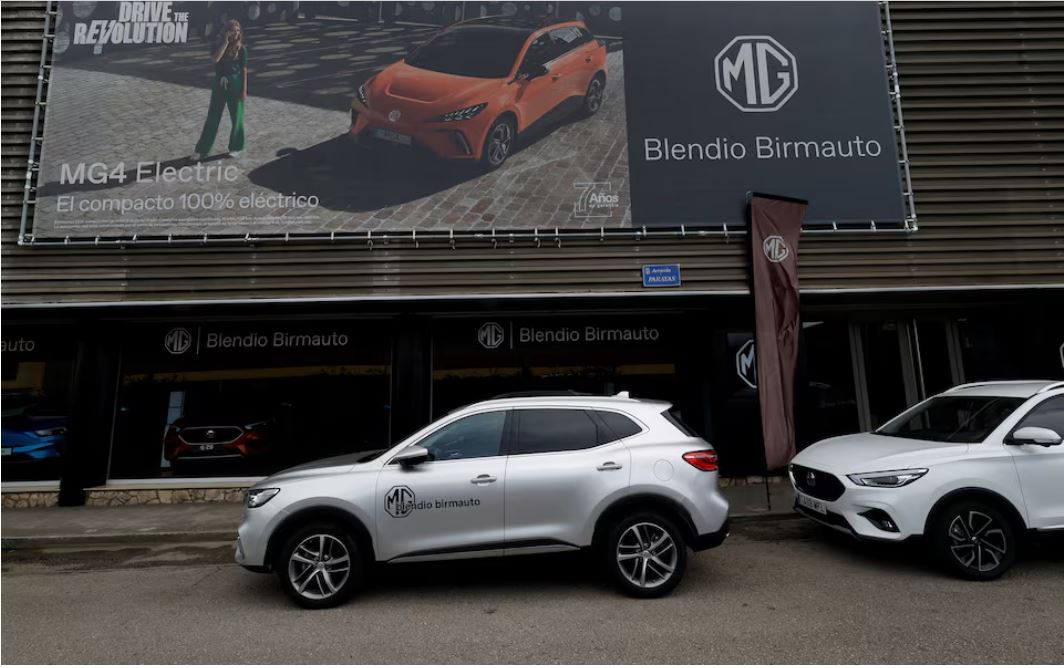China has urged France to help broker a fair solution between the European Union and China over the growing trade dispute concerning electric vehicles (EVs). The call came as French officials continued to defend the EU’s stance on critical trade matters, including tariffs on brandy.
The EU launched an anti-subsidy investigation into Chinese-made battery EVs last year, citing concerns about unfair state subsidies. In October, the European Parliament voted to impose tariffs on these vehicles, escalating tensions with China. In response, China initiated its own investigations into European products, including pork and dairy, and in October imposed temporary anti-dumping measures on EU brandy imports.
During a meeting on Sunday in Shanghai, Chinese Commerce Minister Wang Wentao urged France’s Junior Trade Minister, Sophie Primas, to encourage the European Commission to adopt a solution that would be acceptable to both the EU and China’s electric vehicle industries. Wang expressed that the EU’s investigation had “seriously hindered” cooperation between China and the EU’s auto sectors.
Primas, who is on a three-day visit to China to address the brandy dispute, reiterated that the EU would not back down on its key demands. “We will continue to defend fair competition that benefits everyone,” she said, while making it clear that the EU would not yield to pressure on essential points.
Wang countered by defending China’s trade practices, asserting that investigations into EU dairy, pork, and brandy were compliant with World Trade Organization rules and initiated at the request of domestic industries. He criticised the EU’s decision to launch the EV probe as “rash” and emphasised that China’s actions were based on facts and evidence. However, he also expressed willingness to work with the EU towards a “proper solution.”
Primas’s visit focuses on challenging China’s import duties on French brandy, which Paris deems politically motivated and unjustified. As tensions rise between the two trade giants, both sides have signaled a desire for dialogue but remain firm on their core issues.



